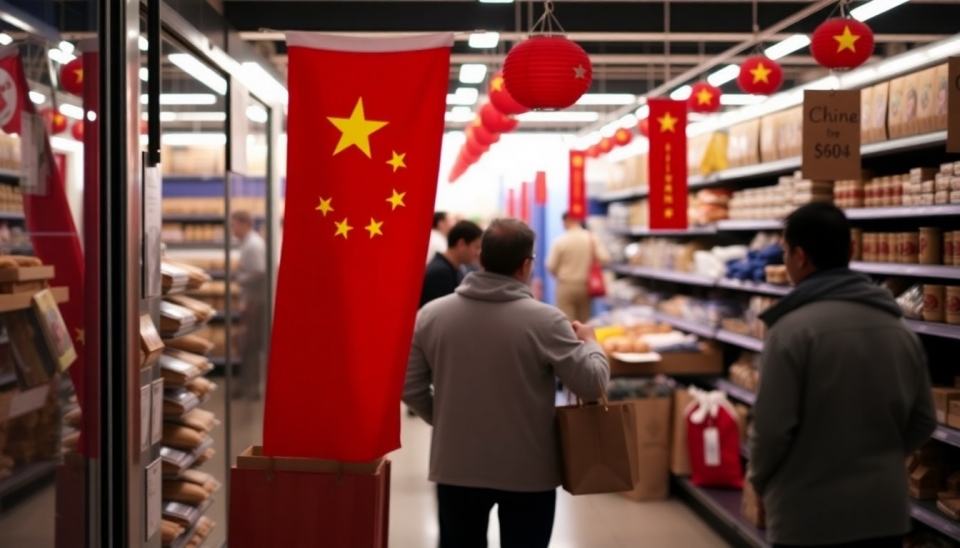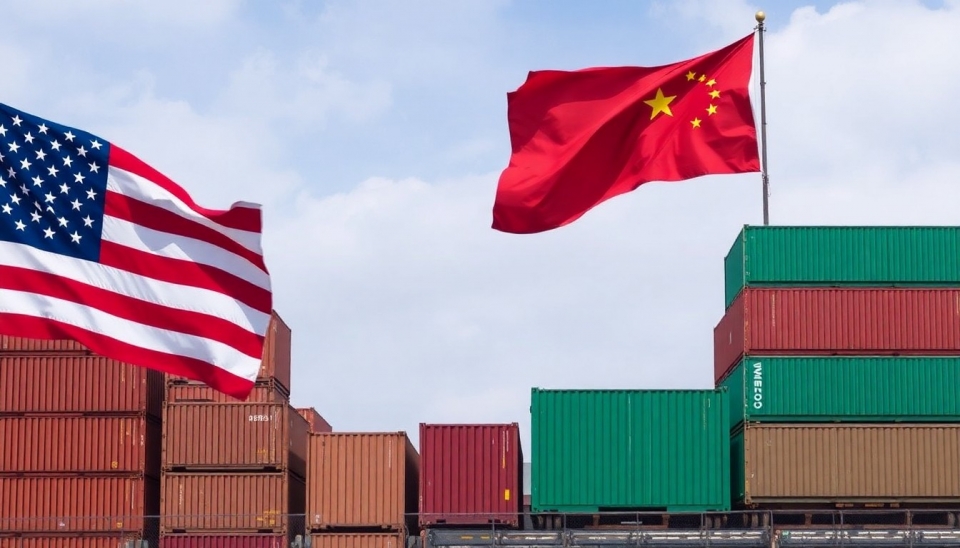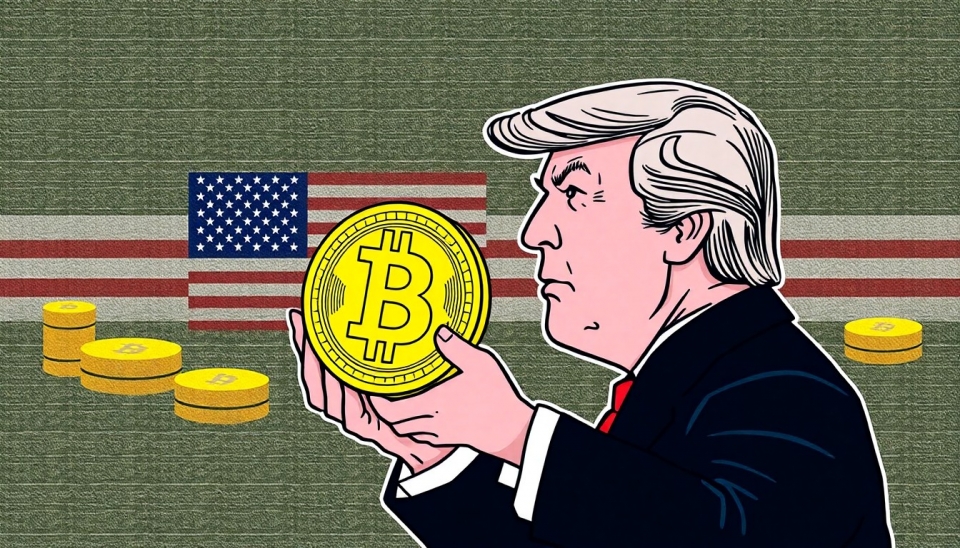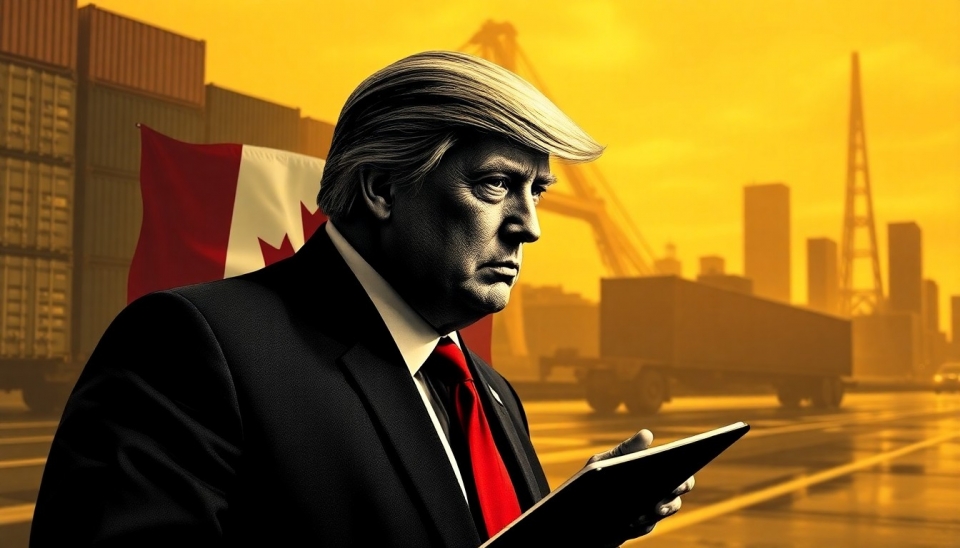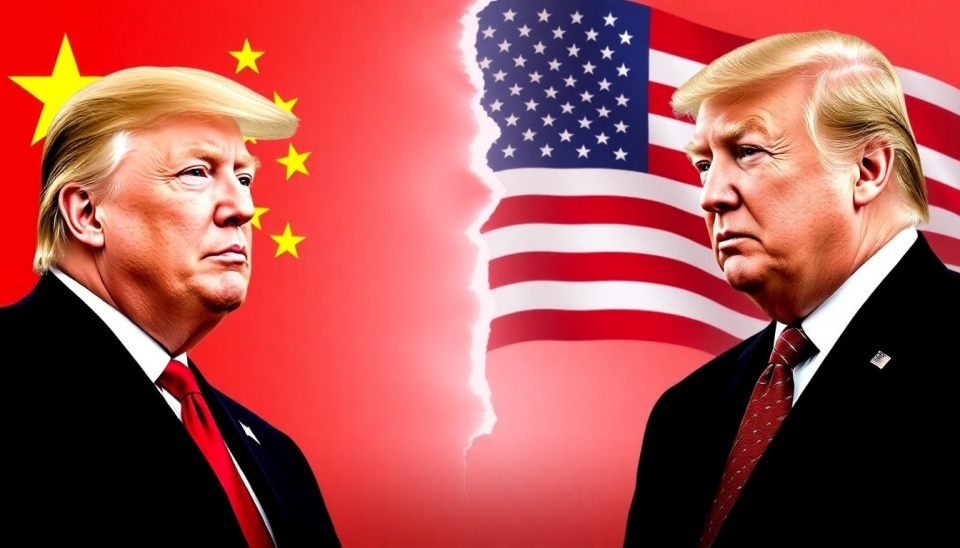
In a bold move that could alter the landscape of U.S.-China relations and significantly impact the American economy, former President Donald Trump has announced a new round of tariffs targeting Chinese imports. This decision, announced during a recent press conference, is part of Trump’s on-going strategy to address issues related to trade imbalances and intellectual property theft attributed to China. However, economic experts warn that these tariffs may ultimately backfire, with adverse effects on American consumers and businesses.
Trump's administration has historically taken a hardline stance against China, arguing that previous trade policies have placed American workers at a disadvantage. The newly proposed tariffs aim to exert pressure on China to accommodate U.S. demands, particularly in technology transfer and manufacturing practices. However, critics are concerned that such measures could result in higher prices for everyday goods, as tariffs generally lead to increased costs for importers.
Economic analysts predict that these tariffs could escalate into a trade war, which would further strain relations between the two world powers. They point out that past experiences during Trump's initial term in office have shown a pattern of retaliation from China, resulting in further tariffs on U.S. products and a subsequent negative impact on American agriculture and manufacturing sectors.
Moreover, the potential for inflation looms large over the U.S. economy, as manufacturers may pass increased costs onto consumers. Many of the tariffs target essential goods, including electronics and raw materials, raising concerns that American households may bear the brunt of these economic policies. In a period where inflation has already caused significant strain for families, the prospect of additional costs provokes further anxiety among economists and consumers alike.
Supporters of Trump's tariff policies argue that the long-term benefits outweigh the immediate costs, suggesting that standing up to China's unfair trade practices is a crucial step in ensuring the future competitiveness of American businesses. They believe that a tougher approach could lead to better trading conditions and leverage for U.S. interests in the long run. However, this optimism is offset by a growing number of dissenting voices who caution about the risks associated with such a confrontational stance.
As the situation continues to develop, the implications of Trump's tariff strategy remain uncertain. Economists are closely monitoring market reactions and consumer behaviors, anticipating shifts that could materially affect both the national and global economy. For now, the response from China, which is expected to be measured yet firm, will likely dictate the next phase of this unfolding narrative.
This latest announcement from Trump invites scrutiny from economists, policy makers, and affected industries, laying bare the complexities and potential pitfalls of aggressive trade negotiations. The consequences of these tariffs will undoubtedly be felt across various sectors and may ignite deeper discussions on America’s trade policies and relationships moving forward.
In conclusion, while the push for tariffs against China stems from a desire to address longstanding trade grievances, the broader economic ramifications could be significant, highlighting the delicate balance in international trade relations.
#TrumpTariffs #ChinaTrade #USChinaRelations #EconomyImpact #TradeWar #ConsumerPrices #InflationConcerns #EconomicStrategy
Author: John Miller
